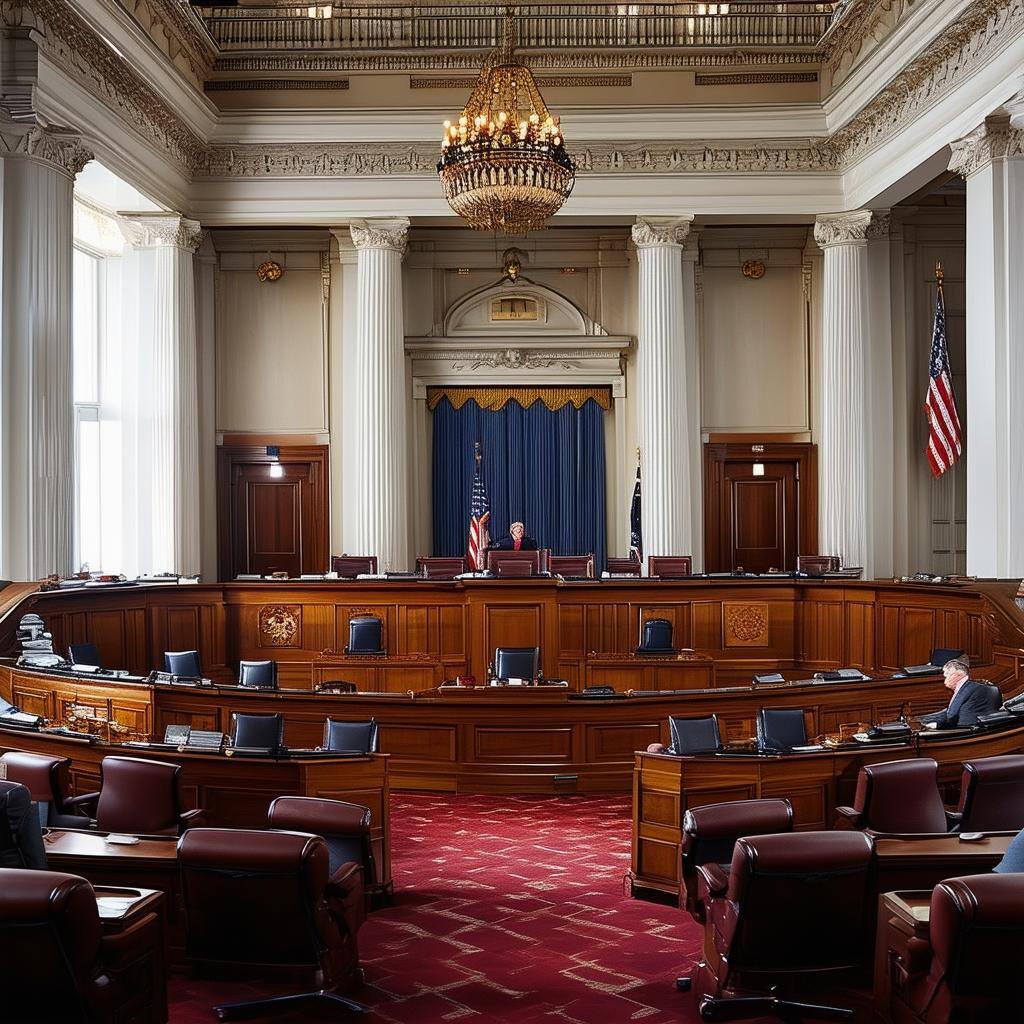On September 12, the Senate Finance Committee held a hearing to lay the groundwork for the 2025 tax bill effort to cut down on “tax avoidance.” The hearing highlighted proposals to improve tax equity in current law. It also focused considerable discussion on section 199A, the deduction for qualifying noncorporate business income.
At the hearing, both Senators and witnesses talked a lot about the expiring individual and estate tax provisions enacted into law in 2017, and the cost of extending those rules. The section 199A noncorporate business income deduction got a lot of attention. Generally, the takeaways from the hearing were:
- Democrats put considerable focus on wealth inequality, which they say, with a number of studies to support them, is growing.
- Republicans touted, and Democrats disputed, the September 10 Joint Committee on Taxation (JCT) report that says billionaires pay, on average, a 34 percent tax rate. Republicans said the report proves that the wealthy are not undertaxed, while Democrats said the JCT findings were based on "junk” or “funny” math because the analysis did not include untaxed unrealized investment gains. (The JCT analysis does include payroll as well as income and capital gains taxes.) Sen. Ron Wyden (D-OR, the Finance Committee chair) said the actual tax rate paid by billionaires (on average) if you include untaxed unrealized gains is closer to eight percent.
- Sen. Wyden emphasized what he calls "buy-borrow-die"—how he describes what rich people do (buy an asset, borrow against it, hold it until death, and then leave it to heirs, resulting in little to no income tax paid on the asset's appreciated value).
- The National Federation of Independent Businesses (NFIB) testified that Section 199A is small business' number one priority. It is scheduled to expire December 31, 2025. Republicans, generally, defended the deduction. Democrats said they are not going to tax people with incomes below $400,000, including business income, but pointed out that most of the benefit of Section 199A goes to wealthier business owners/taxpayers.
- There was discussion of the use of trusts to lower tax liability, and a lot of discussion about the impact of step-up in basis on lowering tax liability. It was clear that step-up in basis is in the Democrats’ crosshairs.
- The JCT released a report on tax avoidance in connection with the hearing.
Comments both in prepared testimony and during Senators' questioning were all over the map, and not restricted to "the rich" tax avoidance strategies. For example, also discussed were international tax rules, capital gains, the state-and-local (SALT) tax deduction, the child tax credit, bonus depreciation, research & development, Social Security, and IRS funding.
Prospects: Most Washington insiders think the hearing information will be relevant if Democrats control any part of the process next year (House, Senate or White House), but less relevant (although not irrelevant) if there is a GOP trifecta. If there is a Democrat trifecta, this hearing will probably serve as something of a "menu" on what the tax package offered by the Democrats will look like. Potentially of note, though, were statements by both Sen. Wyden and by ranking member Sen. Mike Crapo (R-ID) that they want to put together a bipartisan tax package in 2025. That may or may not happen, of course—especially if either party scores the trifecta.
NAIFA Staff Contact: Jayne Fitzgerald – Director – Government Relations, at jfitzgerald@naifa.org.






.png?width=600&height=90&name=Support%20IFAPAC%20%20(600%20%C3%97%2090%20px).png)
